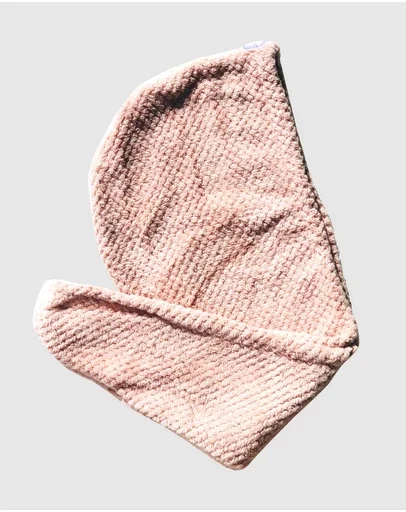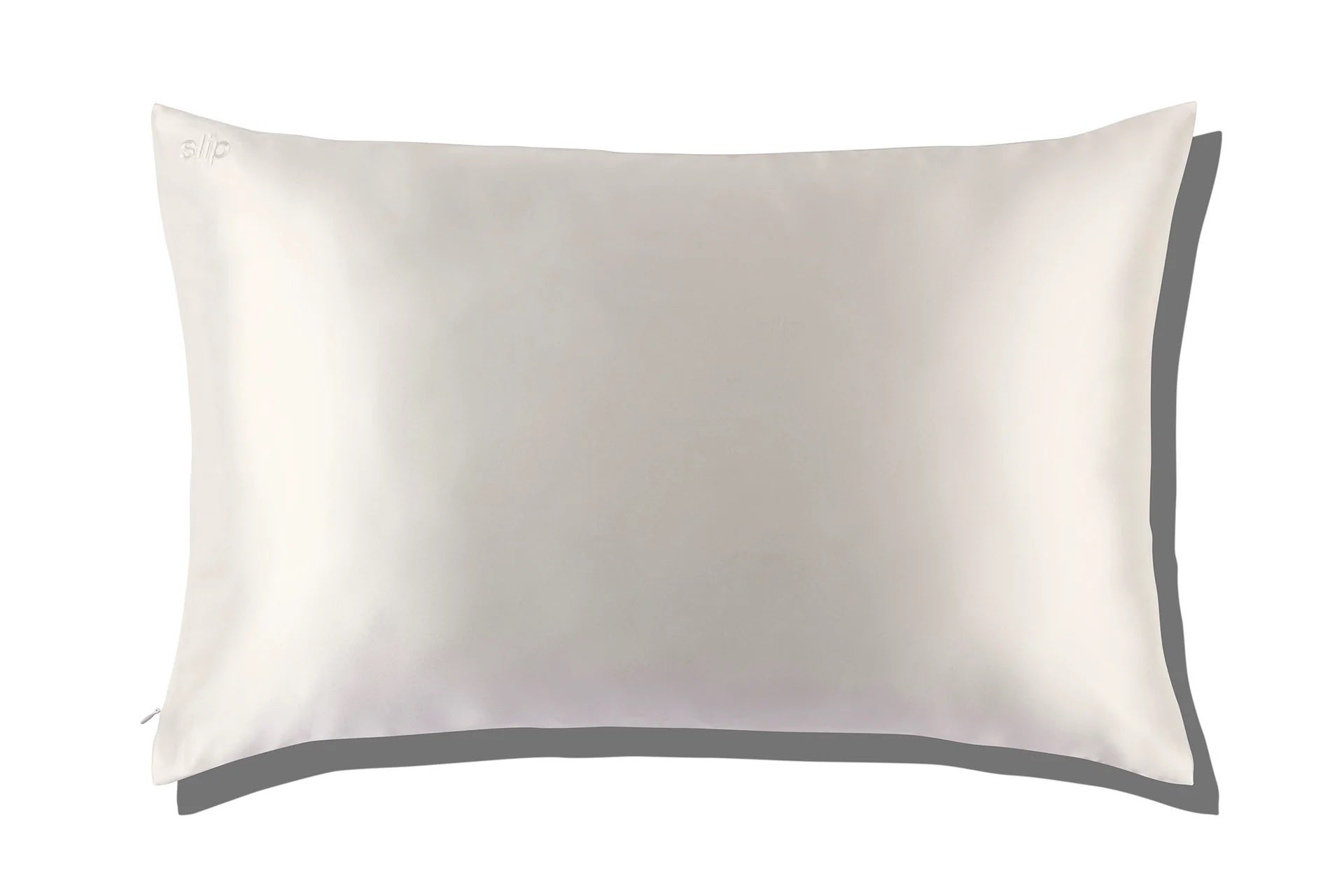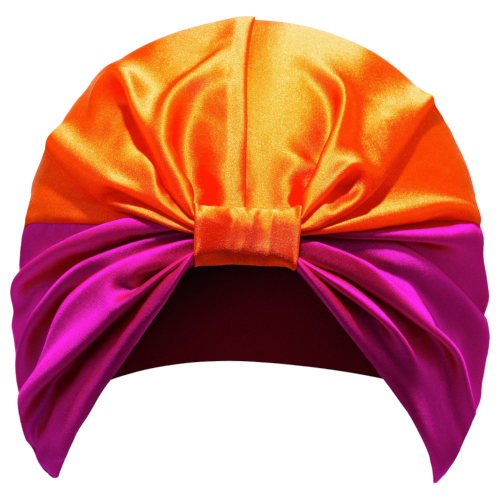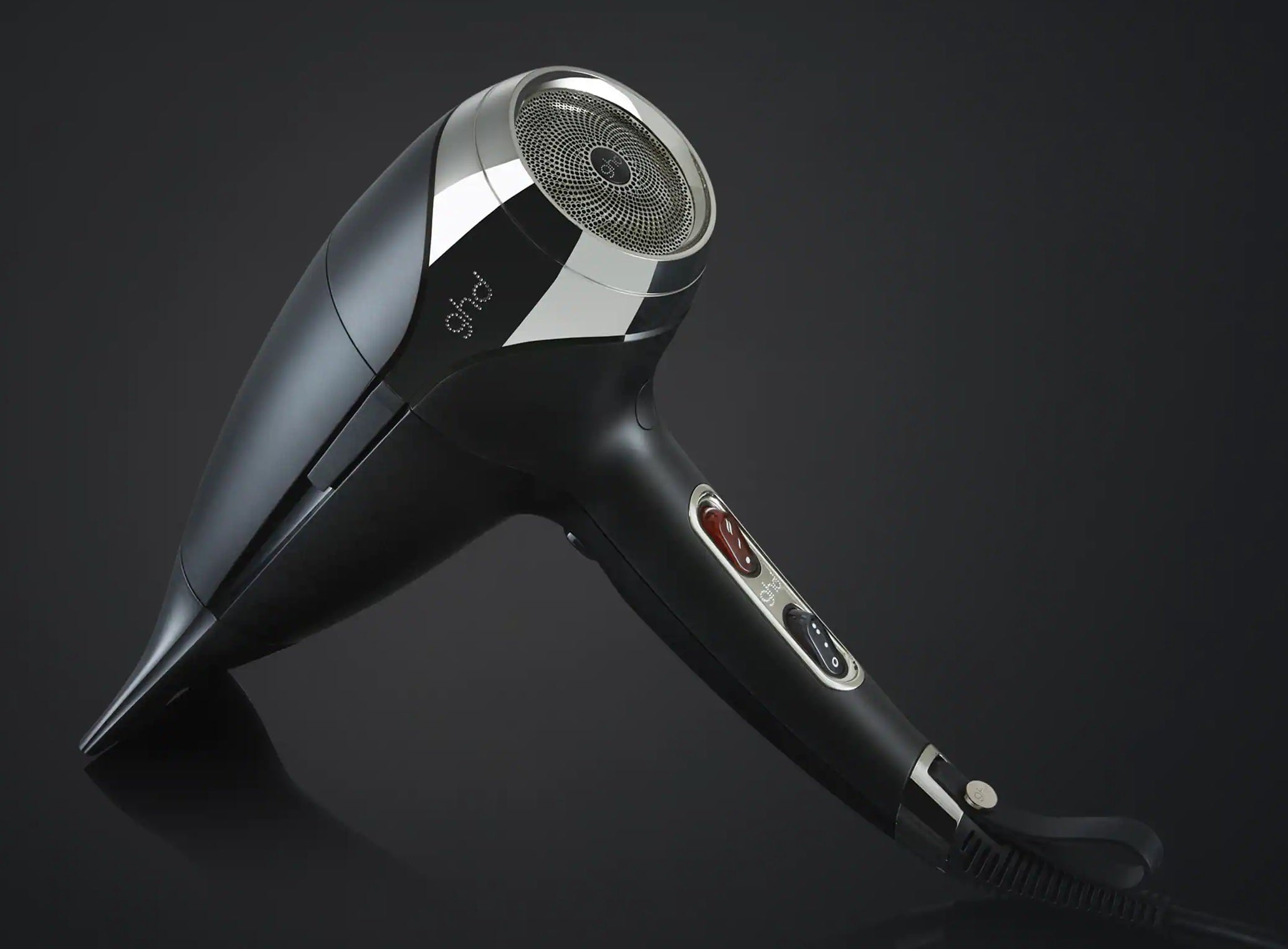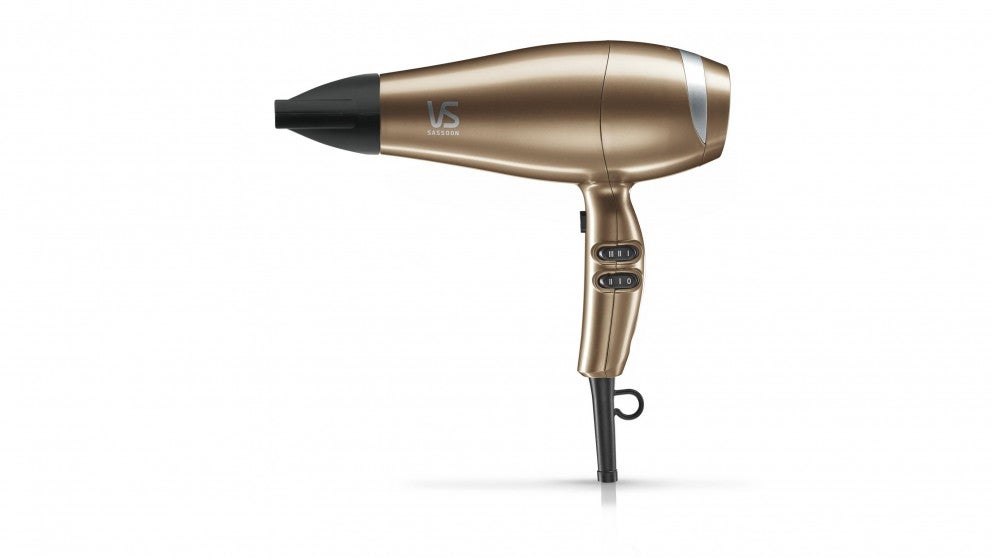At Refinery29 Australia, we’re here to help you navigate this overwhelming world of stuff. All of our picks are independently selected and curated by the editorial team, but we may earn commission or other compensation from the links on this page.
When it comes to hair, there are two camps of people: those who let their just-washed lengths air-dry naturally (whether that's fashioned into a messy bun or flipped to one side) and those who can't face a commute with sopping wet strands, so reach for their trusty hairdryer immediately.
But when you're working from home, it's likely you've moved into camp one, taking full advantage of the warmer weather and ditching the daily blow-dry. After all, experts have warned us for years about the effects of prolonged heat damage from blow-drying, including split ends, breakage and parched strands. It makes sense, but recently the question of whether air-drying your hair is better for it has experts talking.
AdvertisementADVERTISEMENT
The argument that air-drying is good for your hair is a myth, says Adam Reed, ghd UK ambassador. "Hair can absorb up to 30% of its own weight in water," he said, which typically makes it weaker and more susceptible to damage from brushing and styling. "Natural drying takes time," he added. "The longer hair stays wet, the more the cortex swells and cracks, permanently damaging hair."
According to trichologist Jane Mayhead at The Private Clinic, there isn't much evidence to suggest air-drying is better than blow-drying or vice versa. She believes that there are advantages and disadvantages to both and that good technique is key to looking after hair.
"When hair is wet the elasticity increases, which allows the hair to stretch more," says Jane. "If you apply items (such as brushes or clips) or styles that stretch the hair and leave it to dry, unnecessary tension can be put on the hair. This can lead to snapping. Even a simple ponytail can do this if too tight." This is also why it's not a great idea to go to sleep with wet hair, suggests Jane, as laying damp hair on materials such as pillows and cushions can cause friction as well as knotting.
That said, blow-drying your hair also has a number of disadvantages. "Damaging the outer layer of the hair can lead to swelling and breakage of the whole hair, but this can be done in many ways including heat," says Jane. Exposing hair to prolonged heat can also destroy lipids in strands, affecting the levels of moisture, leading to dryness and possible split ends.
AdvertisementADVERTISEMENT
So are there actually any advantages of blow-drying hair? "It can add volume, style and shine," says Jane. "However, too high heat on water can cause bubbles within the hair, causing damage. During heated drying, too much moisture can leave the hair, causing it to feel dry and look dry."
Ultimately, both techniques could cause some element of damage if not done correctly, but it all comes down to personal preference. If you want to let your hair dry naturally, it pays to squeeze out every last drop of water with a gentle microfibre towel, such as the Swiish Top Knot Towel Turban, $19.95. Investing in a silk pillowcase or hair wrap, like the Silke Hair Wrap, $98, can also reduce the amount of friction on hair as you sleep.
If you prefer to blow-dry your hair, ghd Helios Professional Hairdryer, $330 dries hair at lightning speed on a medium heat without making it strawlike or frizzy. Hairstylists also extol the virtues of Dyson Supersonic, $599, for drying hair quickly with minimum damage. If you're on a budget, VS Sassoon Luminous 2200W Hair Dryer, $39.95, cuts drying time in half. Expert stylists suggest using your fingers to rough-dry your hair instead of a brush, which could tug at strands.
Products are essential to strengthen and protect your hair. Try Centred. Detangling Hair Primer, $30, which smells like a summer holiday and makes hair silky with vitamin E and shine-enhancing glycerin. If you're letting your hair air-dry in the sun, a squeeze of Bumble and bumble Don't Blow It, $24, smooths and adds gloss, while the Ouai Heat Protection Spray, $43, acts like a shield against intense heat from styling tools.
Want more? Get Refinery29 Australia’s best stories delivered to your inbox each week. Sign up here!
AdvertisementADVERTISEMENT







